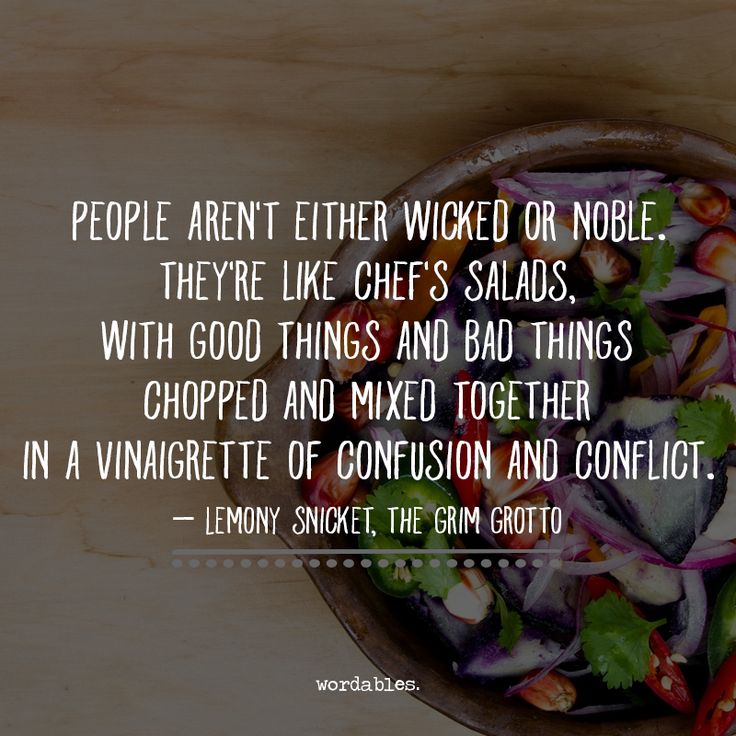Vigilance
Banned
- MBTI
- XXXX
Its a very abstract question so my answer is going to be a bit abstract.
I like how Pin simply said its all about the reward. We act the way we act because we are hoping to obtain a pleasure of some sort. For each individual person it will vary what they experience most pleasure from so their actions will automatically be different from other peoples actions. Thats where personality typing in conjuction with psychology comes into play. It can help a person understand why they may be doing the things they are doing and then objectively asses if their actions will fulfill their deepest needs. As a personal example, I would say INFJ's find themselves being very attracted to learning theoretical concepts, (and this is because of our dominant function of introverted intuition)so therefore we will often find ourselves researching, discussing and contemplating all sorts of deep topics about life.
I do beleive that majority of our actions are not really so intentional and we are pretty much being controlled by forces outside of ourselves which we have limited control over. At the same time we still do take much pride in our ability to autonomously choose what we would like to do.
So I would say that it boils down to how nature has programmed us to be as well as how well we were nurtured in the area of practicing our own independance in choices.
What an excellent way to start your post! When I read the first sentence of your post, I could feel that you know how to get straight to the point and have good analytical abilities lol.
I'm probably right too.
Good post!



